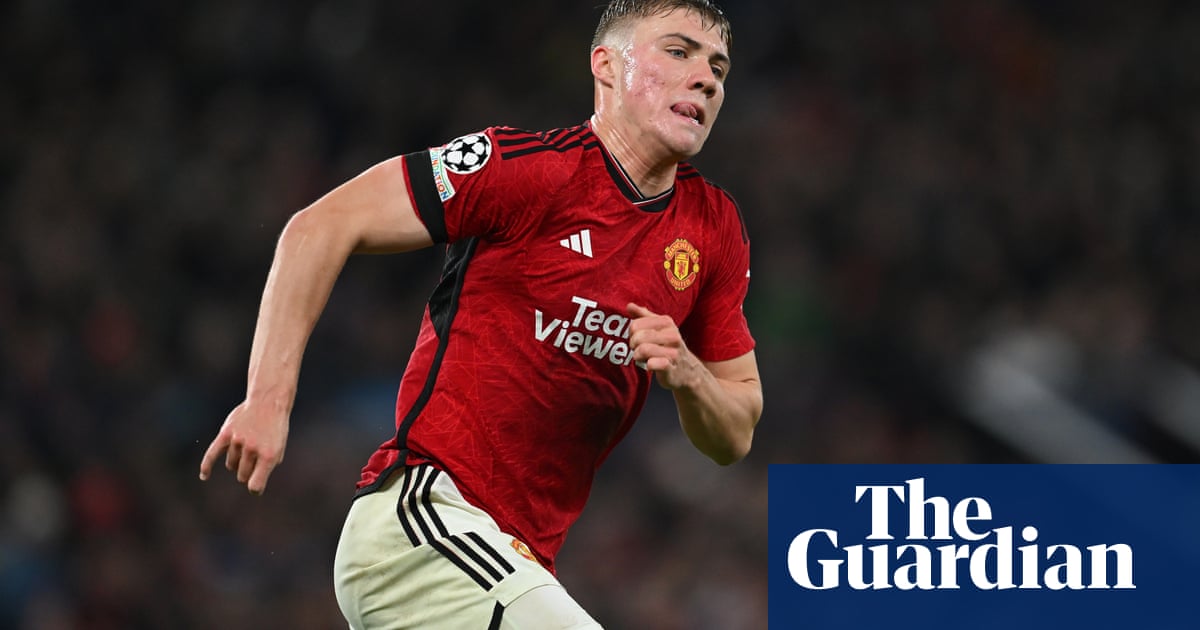
On Saturday night, flushed with the glow of the stunning 3-2 win at Manchester City, Antonio Conte declared that his Tottenham players were the best group he had worked with in terms of attitude. On Tuesday lunchtime, the manager cut a relaxed and contented figure at a media briefing, suggesting that his relentless messaging about mentality, the need to suffer, to live and breathe the job – particularly the lows – were getting through.
To those in attendance, it seemed like a turning point in Conte’s near four-month tenure. After the home Premier League losses to Southampton and Wolves, a penny had dropped with the players and Conte wanted to throw all his energy behind the shift in momentum.
Now this. On the stereotypical miserable night at Burnley on Wednesday, Spurs and Conte reverted to type; the team following a thrilling high with another fist-eatingly frustrating defeat – their fourth in five league games, going back to the one at Chelsea on 23 January – and Conte overcome by darkness and rage.
Perhaps it was the pre-match hope that made it even worse but, in a remarkable display of soul-baring, Conte said that he could not go on this way. He would not close his eyes and continue to collect his massive salary while sure-footed strides forward proved elusive. “Maybe in this moment … I don’t know … I’m not so good to improve the situation,” he said.
It was the latest in a long line of eruptions and the first thing to say is that Conte has form for being extremely outspoken after matches, when he feels the blood run hot. It has tended to be after losses – remember NS Mura in the Europa Conference League or the first leg of the Carabao Cup semi-final at Chelsea – but, in a sense, he did something similar after the win against City, going over the top in the other direction.
Conte will surely calm down. The wild swings are a part of him. That was the hope at Spurs on Thursday and he is due to face the media as normal on Friday afternoon. Yet there was something else about his Burnley meltdown, something new and troubling. It was the pronounced sense of helplessness, the resignation.
As always in these situations, given Conte’s reputation as the arch politician, it is tempting to wonder what he is trying to leverage. Previously, leading up to and during the January transfer window, there was the feeling or fear that if Conte did not get the signings he wanted, he could quit. But what now?
January did not go as Conte would have wanted, with the club missing out on their priority targets: Adama Traoré went to Barcelona and Luis Díaz joined Liverpool. They were able to shed a clutch of unwanted players, chiefly Tanguy Ndombele, Giovani Lo Celso, Bryan Gil and Dele Alli, and they added Rodrigo Bentancur and Dejan Kulusevski to make the squad “more complete” – in Conte’s words.
But January has gone and the summer is a long way away. It feels a little early for Conte to begin applying the pressure for the grander rebuild (although far from inconceivable that he would do so) and it is simply on him to work with what he has got for the final three months of the season.
Is Conte nervous that he does not have enough? Yes. It is probably the main driver behind his outburst at Burnley because do not read too much into him turning the mirror to face himself. He does not doubt his own ability. He never will. It is not him, it is them. The players have to dig deeper.
Conte has said that the prospective manager of a club can make his assessments from the outside but there is no substitute for seeing the players on the training pitch. It is when the truth presents itself and Conte appears to have realised pretty quickly that the technical levels of those he inherited was rather lower than he had hoped for. Even when the team went unbeaten in his first nine league games, winning six, he warned that they had struggled repeatedly.
Conte’s biggest problem and the one that has led to the greatest friction with the board is the speed at which he and they would like to drive the squad from the current transitional period. It is similar to the one that Mauricio Pochettino found upon his arrival as the manager in 2014; there will be bumps in terms of results.
Conte wants finished article signings, experienced players to make an immediate difference – which is expensive – but, so far, he has been given a couple of prospects in Bentancur and Kulusevski, albeit decent ones.
In all honesty, what did Conte expect? Under Daniel Levy, Spurs have always sought to be shrewd in the market, taking players with the potential to develop over a longer period. The issue of whether the notoriously demanding and impatient Conte would be a fit for Spurs has always hung over his appointment.
There has been the feeling for some weeks that Conte might not last beyond the summer transfer window. The potential for conflict over signings and squad reshaping is high.
Could Conte walk out before then? The threat has never been greater and yet he has to know that his reputation would not escape damage were he to do so. It would be a dereliction. So far at Spurs, his scorched earth style has had mixed results and, to some people, he went too far at Burnley.
It is not just them. It has to be him, too.












